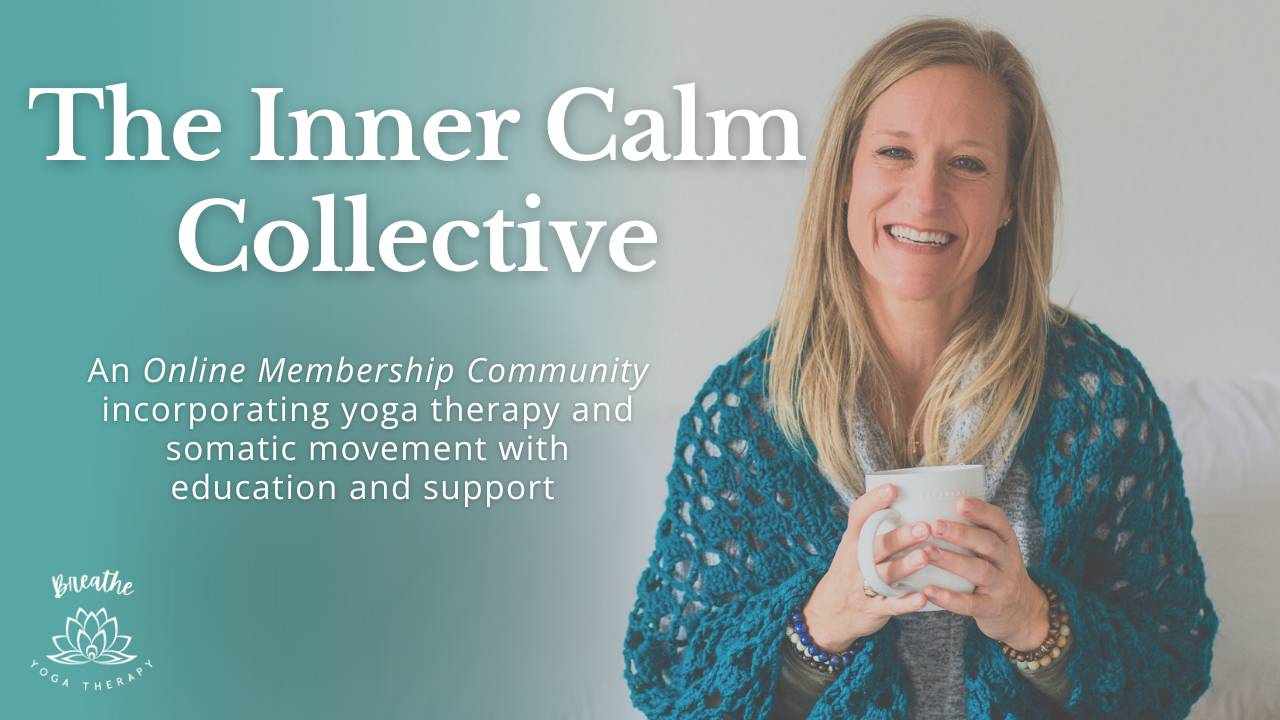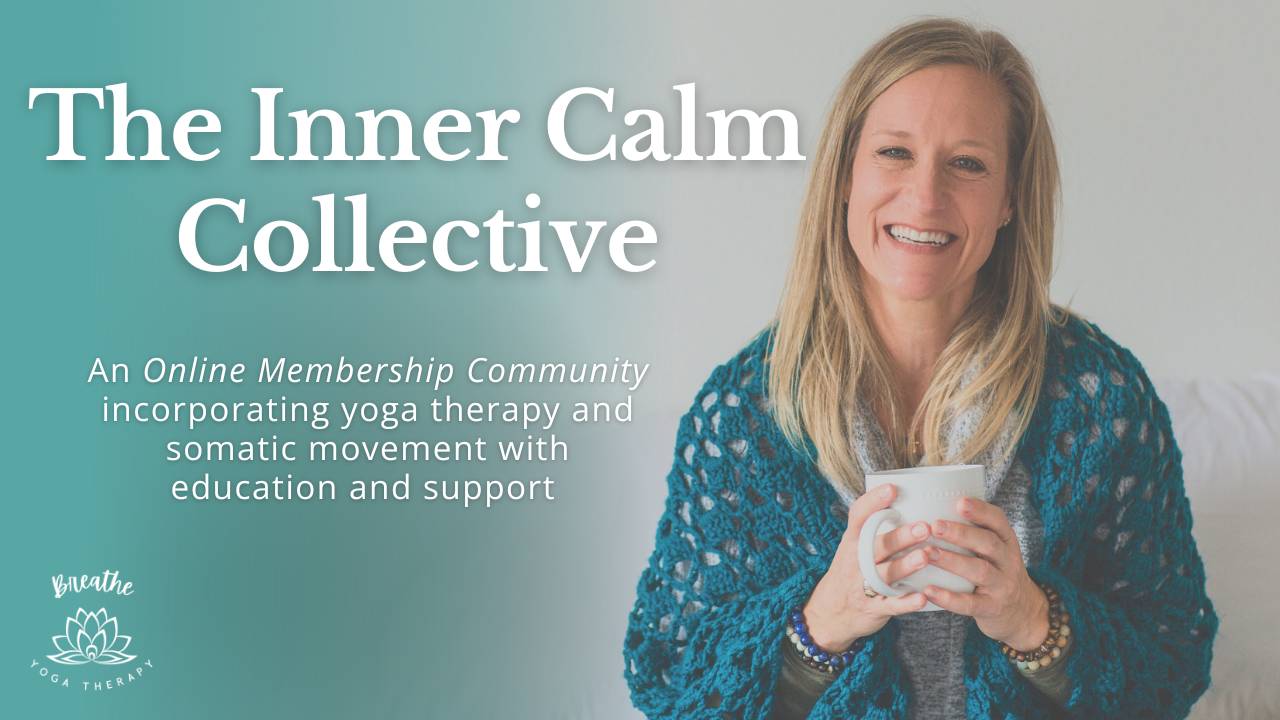How Yoga Therapy Can Guide You Toward Optimal Health and Well-Being

Health is a concept deeply intertwined with every aspect of human life. It shapes how we experience the world, interact with others, and pursue our passions. Yet, defining health is far from straightforward. Over the years, various definitions have attempted to capture its multifaceted nature, offering insights into its physical, mental, emotional, and social dimensions.
The World Health Organization’s Definition
In 1948, the World Health Organization (WHO) provided one of the most enduring definitions of health, describing it as:
“A state of complete physical, mental, and social well-being and not merely the absence of disease or infirmity.”
This definition revolutionized the way health was viewed, moving beyond the simplistic idea of health as merely the absence of illness. It acknowledged that true health involves a sense of balance and well-being across multiple domains of life.
Decades later, in 1986, the WHO refined this concept, emphasizing that health is:
“A resource for everyday life, not the object of living.”
This addition underscored an important truth: health is not just an endpoint or goal to achieve but a vital foundation for living a fulfilling and meaningful life.
A Broader Perspective: The Biopsychosocial Model
Building on the idea that health is more than the absence of disease, the Biopsychosocial Model of Health emerged in the late 20th century. Proposed by George L. Engel in 1977, this model emphasizes the interplay of biological, psychological, and social factors in determining health.
Rather than isolating physical health from mental and emotional well-being, the biopsychosocial approach recognizes that these dimensions are deeply interconnected. For instance:
- A physical illness might impact mental health, leading to stress or depression.
- Social relationships can influence recovery, resilience, and overall well-being.
- Psychological factors like mindset and emotional regulation play critical roles in managing health challenges.
This holistic model offers a more nuanced understanding of health, guiding both medical practitioners and individuals toward integrated approaches to healing and wellness.
Health Through a Yogic Lens
From a yogic perspective, health is not confined to physical fitness or the absence of ailments. It encompasses harmony between the body, mind, and spirit. A yogic definition of health might look like this:
“Enjoying wholesome food and intentional movement. Taking deep breaths, having a willingness to experience a full range of emotions, trusting in your own inner wisdom, practicing selfless service with a connection to others, and living a life of purpose.”
This view reflects the ancient wisdom of yoga, which teaches that health arises from a state of balance—internally and externally. It’s about nurturing the physical body, cultivating mental clarity, and aligning with a deeper sense of purpose.
Yoga Therapy and Its Role in Health
Yoga therapy brings these principles to life, offering practical tools to enhance health and well-being. Unlike traditional yoga classes, yoga therapy tailors its practices to the unique needs of each individual, addressing specific health concerns and life circumstances.
At its core, yoga therapy operates as a self-empowering process. It helps individuals explore their inner world, fostering self-awareness and resilience. Through practices like breathwork, meditation, mindful movement, and guided self-inquiry, yoga therapy supports holistic health by:
- Encouraging Self-Regulation: Yoga therapy helps individuals manage stress, anxiety, and other challenges by teaching them to regulate their physiological and emotional responses. For example, slow, intentional breathing can activate the parasympathetic nervous system, promoting relaxation and calm.
- Building Resilience: Life is full of challenges, but resilience allows us to navigate them with strength and grace. Yoga therapy cultivates resilience by helping individuals develop coping strategies and a sense of inner stability.
- Fostering Growth and Purpose: Difficult experiences often carry valuable lessons. Yoga therapy encourages individuals to find meaning and growth in their struggles, aligning with their unique life purpose.
The Transformative Power of Yoga Therapy
Health, as yoga therapy demonstrates, is about more than simply “feeling good.” It’s about embracing the full spectrum of human experience—joy, sorrow, ease, and difficulty—and finding peace within it all.
For example, someone living with chronic pain may never fully eliminate their physical symptoms. However, through yoga therapy, they might develop greater acceptance of their condition, learn techniques to manage discomfort, and reconnect with activities that bring them joy. This shift in perspective—toward what is possible rather than what is lacking—is a hallmark of the yogic approach to health.
Yoga therapy also reminds us that we are not defined by our circumstances. Whether it’s a diagnosis, a challenging life event, or a mental health struggle, these experiences are only part of the story. Our true essence transcends them. By tapping into this deeper truth, we can live with greater freedom, purpose, and vitality.
Health as a Journey
Ultimately, health is not a fixed destination but an ongoing journey. It evolves as we do, shaped by our choices, relationships, and environments. By embracing a holistic approach—whether through the biopsychosocial model, yoga therapy, or other integrative practices—we can cultivate a sense of well-being that sustains us through all of life’s ups and downs.
As we reflect on what health means to us, it’s worth considering the words of poet Mary Oliver:
“Tell me, what is it you plan to do with your one wild and precious life?”
Health, in all its dimensions, is the foundation that allows us to answer this question. It gives us the energy to pursue our dreams, the resilience to overcome obstacles, and the clarity to live in alignment with our values.
Embracing Your Health Journey
If you’re curious about exploring health from a holistic perspective, yoga therapy offers a powerful starting point. It invites you to reconnect with yourself, listen to your inner wisdom, and embrace your unique path.
Remember, health is not about perfection—it’s about balance, growth, and connection. No matter where you are on your journey, know that you have the tools within you to cultivate well-being and live a life of purpose.
Join Our Free Online Community!
You don’t have to do this alone. Inner Calm Collective is our online membership community where you’ll get expert tips, tools, and insights on healing anxiety, trauma, and building nervous system resilience.
Get the support and guidance you need to ease stress, calm your nervous system, and feel more at home in your body—every single day. Join now and start feeling the difference today!



